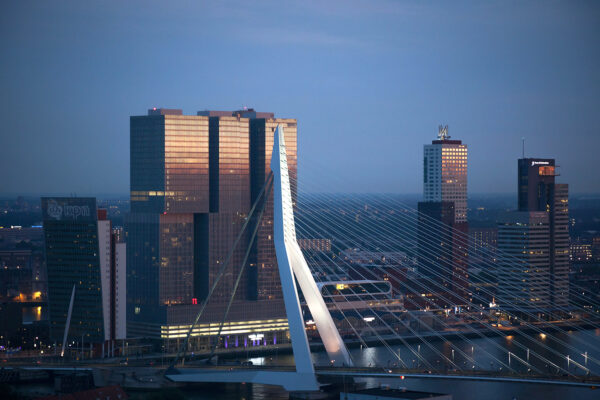
Parliamentary elections are held in the Netherlands in three weeks. Polls predict a victory for Prime Minister Mark Rutte’s liberal party (of which I am a member), giving it 38 to 42 out of 150 seats, up from 33.
Support for most other parties is stable. The social-liberal D66, a junior party in Rutte’s government, and the far-left Socialists would each lose a few seats to Labor. The far-right Forum for Democracy, which tied with Rutte in midterm elections, has imploded. It would win fewer seats than the animal rights party.
The liberals benefit from having the most diverse base in terms of age, education, geography, but not gender. Other parties appeal more to certain groups — although the Netherlands is still a long way from the United States, where identity is crowding out issues. Dutch voters are fickle. Only one in five consistently votes for the same party.
Age
The liberals perform well in all age groups. D66 and the Greens appeal more to voters in their twenties and thirties while the majority of Christian Democrats are in their fifties or older.
Young left-wing voters have left Labor, which went down from 38 to nine seats in the last election. 44 percent of its remaining voters are pensioners.
Education
As in America, education is a strong predictor of voting behavior in the Netherlands. Students and graduates tend to vote for the center-left. Fewer right-wing voters attended university.
The Socialists are the exception. Most of their voters are blue-collar workers and welfare dependents.
Gender
Dutch men are more right-wing than women; a trend the Netherlands shares with almost every other democracy.
Almost 60 percent of liberal party voters in 2017 were male. The same share of Green party voters were female.
Geography
Education and geography go hand in hand. University graduates cluster in Amsterdam, Leiden, The Hague, Utrecht and the exurbs in between. Support for the right rises the farther away one travels from the commercial and political heartland of the Netherlands.
The exception is Rotterdam, Europe’s largest port, where the populist right has a strong presence. Low-income voters have been priced out of other large cities — which is one of the key issues in this election.
